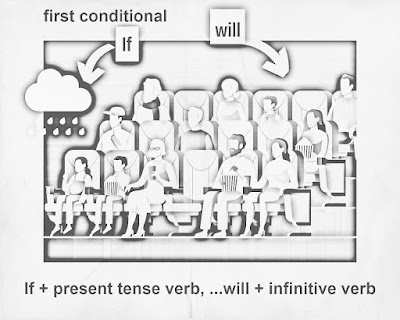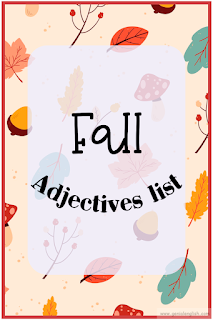Understanding your personal finances with zero and first conditional
Let's break down the zero and first conditionals in simple terms. The zero conditional is used to talk about things that are always true or generally happen. For example, "If you heat water, it boils." Here, the condition (heating water) always leads to the result (water boiling). The first part of this sentence is the condition or cause clause, which provides a condition statement using verbs in the present simple tense: "If you heat water." The second part of this sentence is the result clause, which provides a consequence statement using verbs in the present simple tense: "It boils."
zero conditional
On the other hand, the first conditional is used for real situations or events that are likely to happen in the future. It typically follows an "if...then" structure. For instance, "If it rains tomorrow, I will go to the movies." In this case, there is a real possibility of rain tomorrow, leading to going to the movies. The condition clause provides a statement with the verb in the present tense: "If it rains tomorrow." The result clause uses the auxiliary verb 'will' to show future possibilities and also uses the verb in the infinitive form: "I will go to the movies" or any other possibility you can think of.
The condition clause is separated by a comma and follows the pattern "if." However, you can also put the result clause ahead of the condition: "Water boils if you heat it." Notice we don't use commas to separate, and the sentence's meaning remains. Understanding these two conditionals can help you express yourself more clearly and effectively in English conversations or writing. In simple terms, the zero conditional is for always true things, like your water boiling example. The first conditional is for likely future events, such as going to the movies if it rains.
Do you want to play a zero-conditional game? Spin the wheel, and you will find different condition clauses. Your challenge is to find out the result. For example, "If you lose your credit card," what happens that's true? You need to call the bank. Play and think about the results of each condition. It's a fun way to think about your finances! Share your result clauses in the comments section!
made with Bookwidgets.com





Comments
Post a Comment